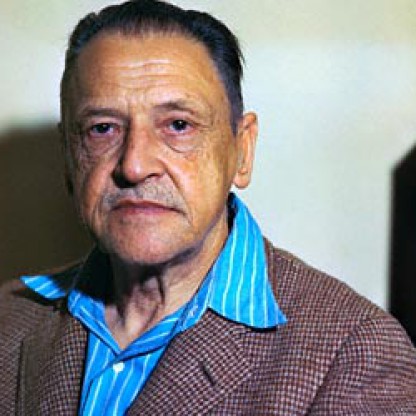Goldsmith wrote this romantic ballad of precisely 160 lines in 1765. The hero and heroine are Edwin, a youth without wealth or power, and Angelina, the daughter of a lord "beside the Tyne." Angelina spurns many wooers, but refuses to make plain her love for young Edwin. "Quite dejected with my scorn," Edwin disappears and becomes a hermit. One day, Angelina turns up at his cell in boy's clothes and, not recognising him, tells him her story. Edwin then reveals his true identity, and the lovers never part again. The poem is notable for its interesting portrayal of a hermit, who is fond of The Natural world and his wilderness solitude but maintains a gentle, sympathetic demeanor toward other people. In keeping with eremitical tradition, however, Edwin the Hermit claims to "spurn the [opposite] sex." This poem appears under the title of "A Ballad" sung by the character of Mr. Burchell in Chapter 8 of Goldsmith's novel, The Vicar of Wakefield.


















